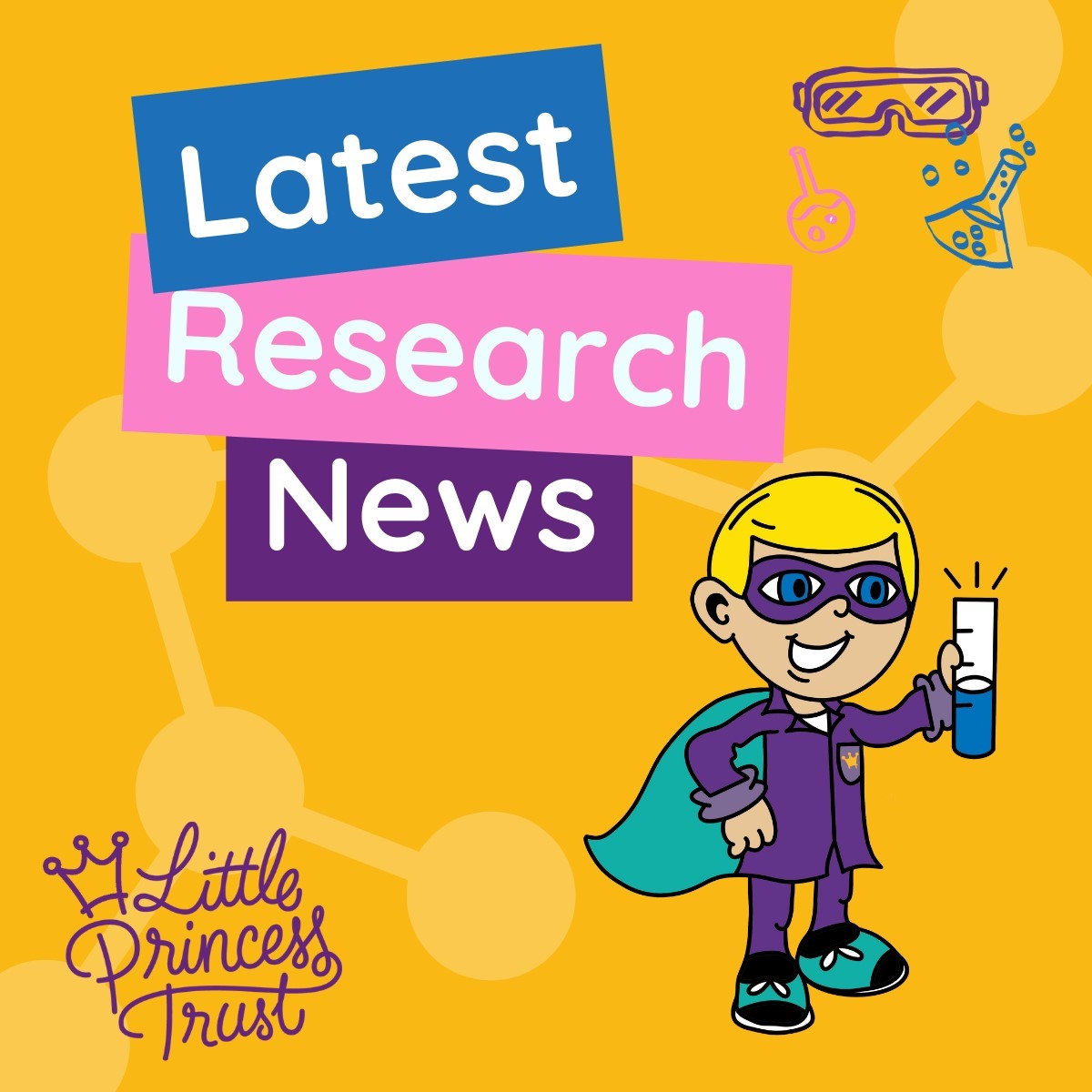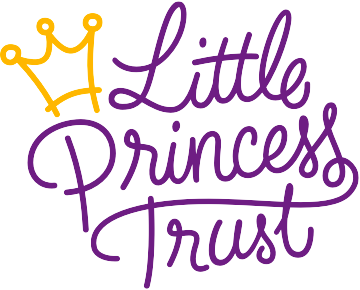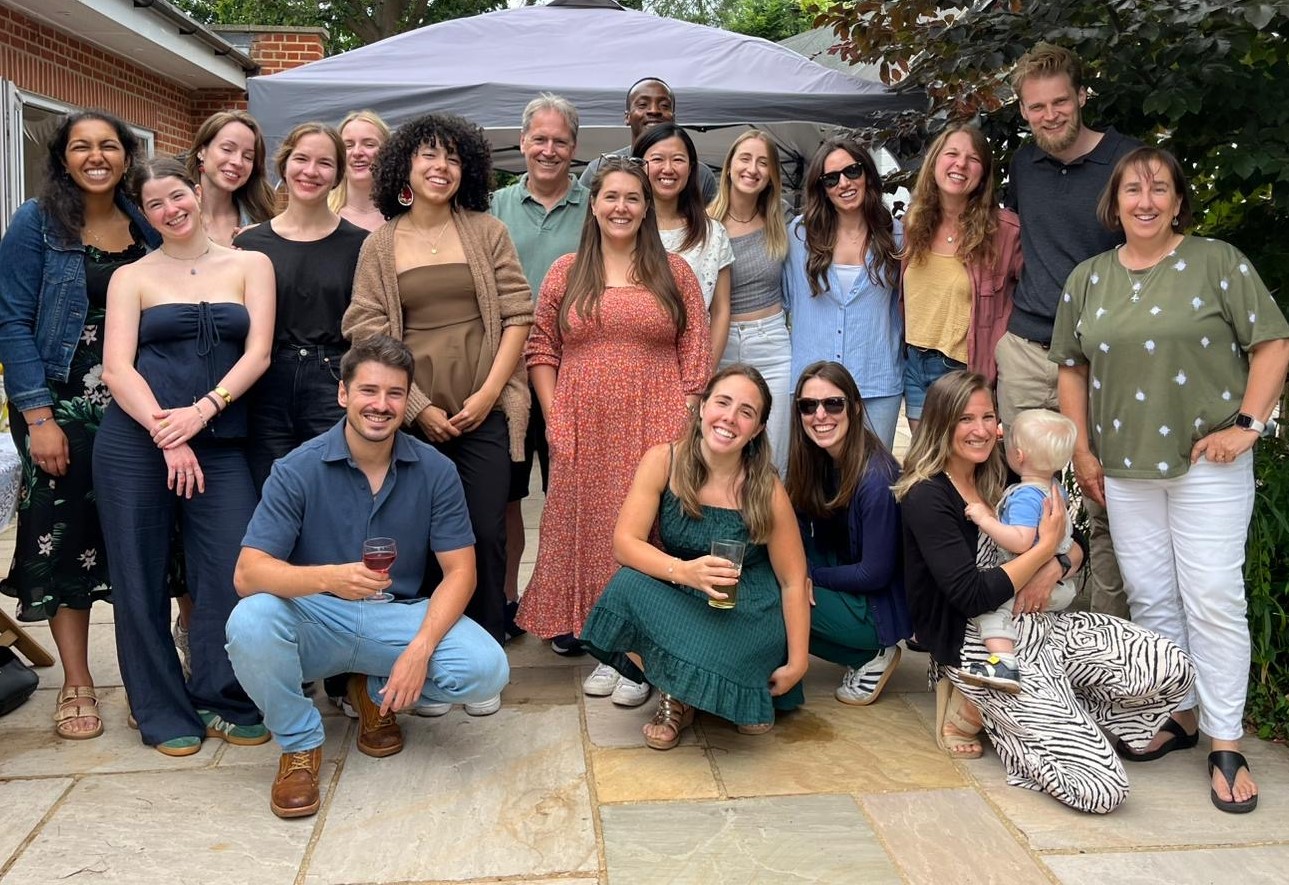Little Princess Trust News
Funding agreed for four childhood cancer research projects

Scientists investigating neuroblastoma and malignant rhabdoid tumours
The Little Princess Trust is thrilled to announce four new research projects that aim to develop much-needed new treatments for children with cancer.
The projects focus on a range of childhood cancers, including neuroblastoma and malignant rhabdoid tumours.
Phil Brace, CEO of The Little Princess Trust, said: “At The Little Princess Trust, we are committed to funding research that brings real hope to children with cancer.
"These projects represent some of the most exciting work in childhood cancer research, and we are proud to support the brilliant scientists behind them.”
Targeting a key driver of cancer
Dr Lizzie Tucker is leading one of the new projects from The Institute of Cancer Research. She is looking at new treatment strategies for cancers that rely on the ALK protein - a key driver of tumour growth in cancers like neuroblastoma.
Dr Tucker plans to compare the effectiveness of new treatments that completely remove ALK (called ALK degraders) to medicines that reduce the effects of ALK (called ALK inhibitors) in neuroblastoma.
The funding is inspiring the next generation of leaders in childhood cancer research.
She said: “Our study is focused on a specific drug which targets the Anaplastic Lymphoma Kinase (ALK) protein.
"Although drugs already exist to switch off ALK activity, neuroblastoma tumours can often develop resistance to these drugs. We are therefore exploring whether an ALK degrader could avoid this treatment resistance.
“We are incredibly grateful for the support of this project by The Little Princess Trust. Along the way, the funding for this work is supporting junior scientists and inspiring the next generation of leaders in childhood cancer research.”
Bringing the latest treatments to solid tumours
Also awarded funding, Professor John Anderson hopes to improve immunotherapy for solid tumours. His team hope to make their newly developed version of CAR T-cell therapy cheaper and more effective.
CAR T-cell therapy is a type of immunotherapy that takes a patient's cells and genetically modifies them to be better at finding and fighting cancer. These cells often become exhausted when used in solid tumours, limiting their effectiveness.
Prof Anderson’s lab has created a type of CAR T-cells that can be switched off, allowing the cells to recover and get back to fighting cancer. By using two versions of these CAR T-cells, one which activates when the other is resting, Prof Anderson hopes to make CAR T-cell therapy an effective treatment for solid tumours.
He said: “CAR T-cell therapy is emerging as one of the most exciting fields in cancer patients, because of its ability to eliminate cancers that are resistant to conventional treatments.
“However, the cost of manufacture is a major issue – especially if two types of CAR T-cell are needed. Academic studies like this one provide an exciting opportunity to disrupt current pharmaceutical company-driven manufacturing approaches by developing innovative technologies that produce more effective therapies.”
Prof Anderson is working on a way to create both types of CAR T-cells at the same time, making the treatment more cost-effective and feasible for hospitals. This project has the potential to develop “an improved treatment for cancer that could be quickly incorporated into clinical trials”, added Prof Anderson.
Together, the new projects show how The Little Princess Trust is helping drive real progress in childhood cancer research. By backing talented scientists and fresh ideas, we are one step closer to better treatments for the children who need them most.
The four new projects are:
- Degrading the anaplastic lymphoma kinase protein to treat paediatric cancers, led by Dr Lizzie Tucker at The Institute of Cancer Research.
- Finding the best way to make two cancer-targeting T cells for the price of one, led by Professor John Anderson at University College London Great Ormond Street Institute of Child Health.
- Creating advanced models to test new treatments for malignant rhabdoid tumours, led by Dr Daniel Williamson at Newcastle University.
- Investigating a new group of drugs capable of inhibiting the growth and survival of neuroblastoma, led by Professor Karim Malik and Dr Jodie Bojko at the University of Bristol.




